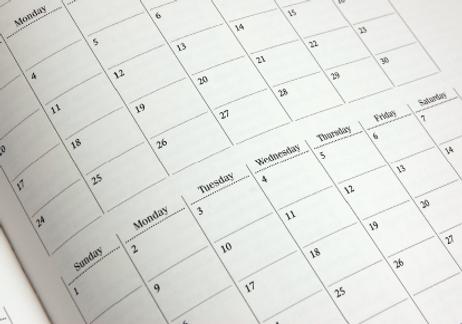First Choice Letters And Personal Letters of Recommendation
The competition for places at some private schools is intense. When a school receives hundreds of applications for a hundred available seats, that indicates a very competitive admissions situation. If your child is applying to a competitive school, what do you do to ensure success? The school admissions staff isn't going to be much help. Indeed, more often than not, it will be sphinx-like about letting you know whether your kid stands a chance or not. Money is not an issue. You can afford the fees and all the extras. This school would be ideal for your daughter because you know that the school does an excellent job of getting its graduates into the best colleges and universities. You and your daughter were both impressed with the facilities, programs, and general feel of the campus when you visited. The admissions staff were professional but warm and friendly, as was everyone else you encountered during your visit.
So, what do you do? Do you push? Do you flaunt your wealth? Do you try to impress with your social pedigree? What about sending the school a first-choice letter? Will that help? Do you have the CEO of a Fortune 100 company write the school on your daughter's behalf? Do personal recommendation letters help? For the answers to these questions, you need to look at the private school admissions process and understand how it works.
This video offers a tour of Burgundy


























